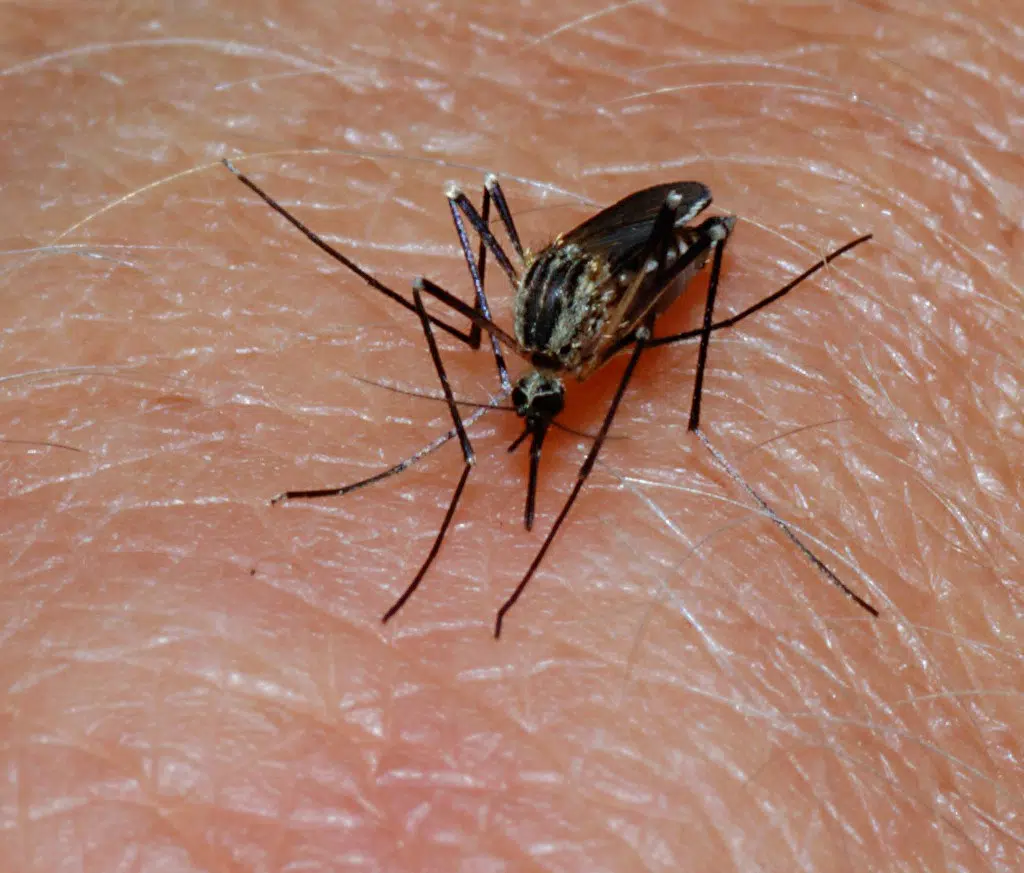
dr_relling / CC
This is the time of year that West Nile Virus starts to ramp up, and Dr. Alma Roy, the director of LSU’s Vector-Borne Disease Diagnostic Lab, says this year could be a busy one.
“In our laboratory, we are seeing more positive mosquito pools currently than we did last year. So, it may be a very active season this year,” Roy said.
So far this year, West Nile Virus has been detected in 14 parishes, with Livingston Parish reporting the state’s first human case last month. Dr. Roy says West Nile is not the only virus that mosquitos can transmit to humans.
“Humans are also susceptible to St. Louis encephalitis, which we have had positive mosquitoes for that virus as well.
And then our horse or equine population is susceptible to West Nile Virus and another virus called eastern equine encephalitis (EEE),” Roy explained.
Roy says while St. Louis encephalitis and eastern equine encephalitis are not as common as West Nile Virus, they are both just as dangerous.
“They all can cause an encephalitis, a neuro-invasive disease that can cause death. We see more West Nile Virus than we do of EEE and St. Louis, but they can make people very ill,” Roy said.







Comments